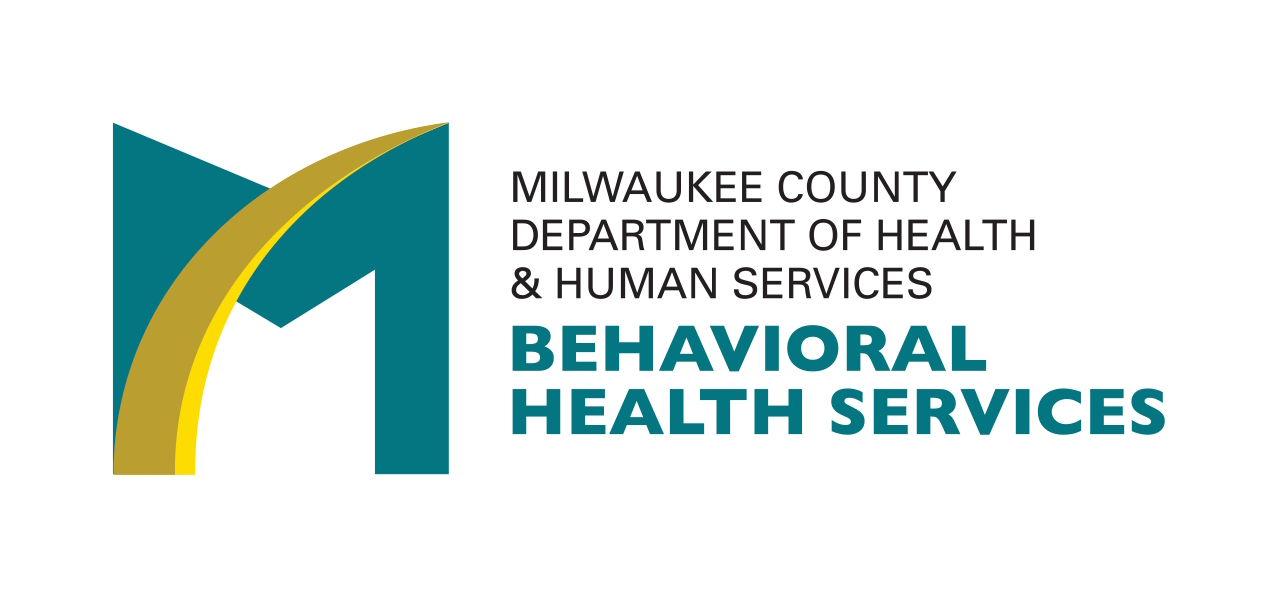Milwaukee County Behavioral Health Division Receives $1.2 Million Grant from Bureau of Justice Assistance to Reduce Offender Opioid Overdose Deaths
Funding to enhance overdose treatment and recovery programming
MILWAUKEE – (March 3, 2020) – Milwaukee County Behavioral Health Division (BHD) today announced a $1.2 million grant from the U.S. Department of Justice Bureau of Justice Assistance (BJA) over three years to develop and implement a comprehensive plan to reduce the risk of overdose deaths and enhance treatment services for eligible individuals in custody at the Milwaukee County House of Correction (HOC). To be eligible for treatment, a person must be within 30-90 days of release and medically determined to have an opiate addiction.
“We all have a responsibility to ensure that we are tackling the opioid crisis head-on and taking a more proactive role in helping our residents get the treatment they need,” said Milwaukee County Executive Chris Abele. “We are taking bold steps to achieve our vision that by achieving racial equity, Milwaukee is the healthiest county in Wisconsin. This grant will help us take a practiced and proven approach when it comes to ensuring every resident in every community across Milwaukee County has what they need to thrive.”
The BJA grant funding will allow BHD and its partner agencies to develop person-centric care plans that address a whole person’s needs with packaged services of Medication-Assisted Treatment (MAT), recovery housing, individual counseling, a certified peer specialist, outpatient services, intensive outpatient services, and recovery support coordination. To offer these comprehensive services, BHD will use its Community Access to Recovery Services (CARS) program network with more than 58 local agencies, providing over 40 different services with more than 1,600 different providers.
The Wisconsin Department of Corrections (DOC) data collected between 2013 and 2017 shows a 109.2% increase in opioid overdose hospitalizations after placement on probation and a 160.8% increase in opioid overdose hospitalizations after release from prison. Data further shows deaths from opioid overdoses have increased 126.7% among those in the Wisconsin’s Adult Corrections system. The program enhancements from the BJA grant funding will work to reduce these numbers and create a continuum of care that supports people in need.
“Milwaukee County has the highest rate of opioid deaths and hospital visits due to substance misuse in Wisconsin,” said Mike Lappen, administrator for the Milwaukee County Behavioral Health Division. “This grant allows us to wrap all the necessary services around individuals during one of the most critical periods of their recovery journey.”
To be eligible, individuals must volunteer for the program; have a medical and substance abuse assessment that indicates opiate addiction; be medically able to participate in MAT; participate in treatment programs to address cognitive-behavioral changes, and be incarcerated and nearing release into community supervision. Participants will receive coordination between in-custody and community-based treatment providers.
“The process of transitioning from jail or prison back into the community can be overwhelming for individuals with opioid use and dependence addiction,” said Jose Hernandez, Assistant Superintendent for Milwaukee County House of Correction. “The BJA grant funding and partnership with BHD will allow us to enhance our programming for those transitioning out of our system and address the substance abuse issues impacting Milwaukee County.”
As the program’s research evaluation partner, the University of Wisconsin-Milwaukee will assist in data collection, solution design and formal evaluation of the program results. Additional project partners include the Wisconsin DOC, WellPath Medical and Behavioral Health Care Providers (in-custody treatment provider), and Community Medical Services (opioid treatment provider).
About the Milwaukee County Behavioral Health Division
The Behavioral Health Division provides care and treatment to adults, children, and adolescents with mental illness, substance use disorders, and intellectual disabilities through both County-operated programs and contracts with community agencies. Services include intensive short-term treatment through our crisis services and inpatient services, as well as a full array of supportive community services for persons with serious mental illness and substance use disorders.
NOTE: This press release was submitted to Urban Milwaukee and was not written by an Urban Milwaukee writer. While it is believed to be reliable, Urban Milwaukee does not guarantee its accuracy or completeness.
More about the Opioid Crisis
- Baldwin Demands Trump Admin Reverse Billions in Cuts From Opioid and Mental Health Programs - U.S. Sen. Tammy Baldwin - Jan 14th, 2026
- Fox Valley Nurse Practitioner Sentenced to Federal Prison for Unlawful Prescribing - U.S. Department of Justice - Dec 29th, 2025
- County Executive David Crowley Hosts Roundtable on Combating Opioid Crisis and Saving Lives in Wisconsin - David Crowley - Dec 16th, 2025
- Co-Chairs Criticize DHS For Lack of Plan, Transparency with Opioid Settlement Funds - Joint Committee on Finance - Oct 21st, 2025
- Opioid Treatment Program Opens First Clinic in Milwaukee - Isiah Holmes - Oct 20th, 2025
- County Executive Crowley, Chairwoman Nicholson Sign Legislation Approving $9 Million for Efforts to Compat the Opioid Crisis - David Crowley - Aug 15th, 2025
- How Are State’s Local Governments Spending Opioid Settlement Payouts? - Addie Costello - Aug 4th, 2025
- MKE County: How County Will Spend $9 Million in Drug Settlement Funds - Graham Kilmer - Jul 29th, 2025
- Milwaukee County Executive David Crowley Announces Over $9 Million for Initiatives to Combat Opioid Epidemic - David Crowley - Jul 17th, 2025
- AG Kaul, 45 Other Attorneys General Plan to Join $720 Million Settlement with Eight Opioid Drug Makers - Wisconsin Department of Justice - Jul 14th, 2025
Read more about Opioid Crisis here
Mentioned in This Press Release
Recent Press Releases by Milwaukee County Behavioral Health Division
Milwaukee County to Highlight Ways to Access Mental Health Services During May – Mental Health Awareness Month
Apr 25th, 2023 by Milwaukee County Behavioral Health DivisionAccess to mental health resources is a national conversation. Behavioral Health Services spokespeople are available throughout May to discuss how and where to access services.
Milwaukee County Behavioral Health Division receives over $6.4 Million in Grants
Aug 3rd, 2020 by Milwaukee County Behavioral Health DivisionThree diverse grants help support the transition to a full continuum of care
Milwaukee County Behavioral Health Division Receives $1.2 Million Grant from Bureau of Justice Assistance to Reduce Offender Opioid Overdose Deaths
Mar 3rd, 2020 by Milwaukee County Behavioral Health DivisionFunding to enhance overdose treatment and recovery programming



















